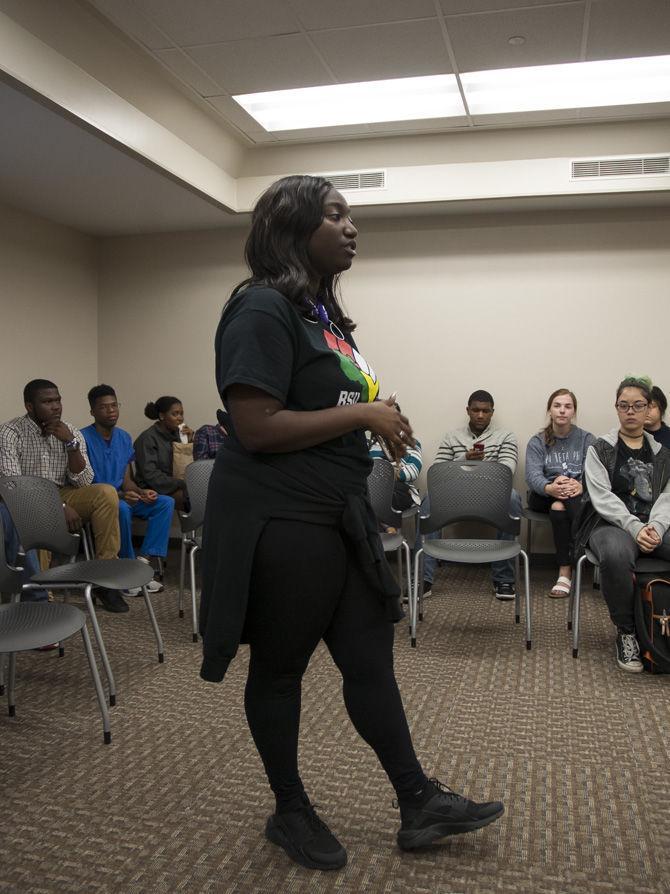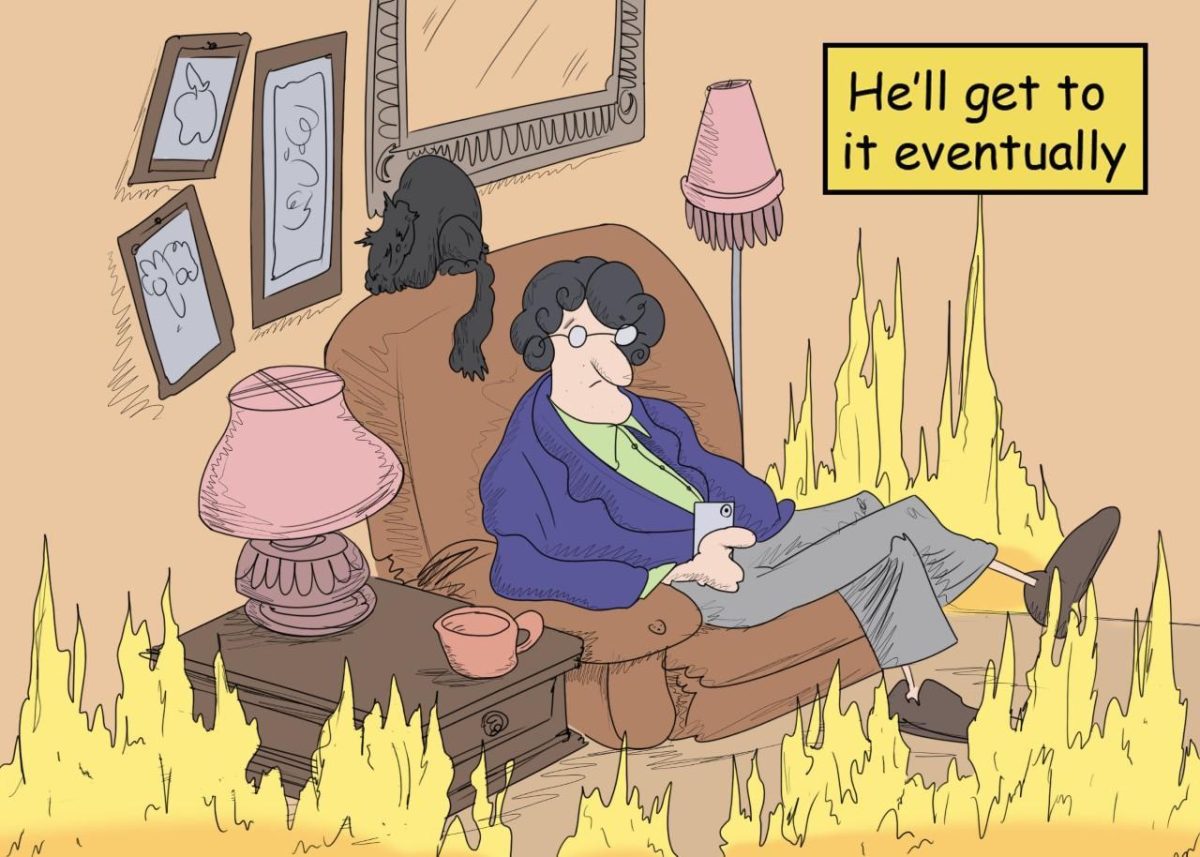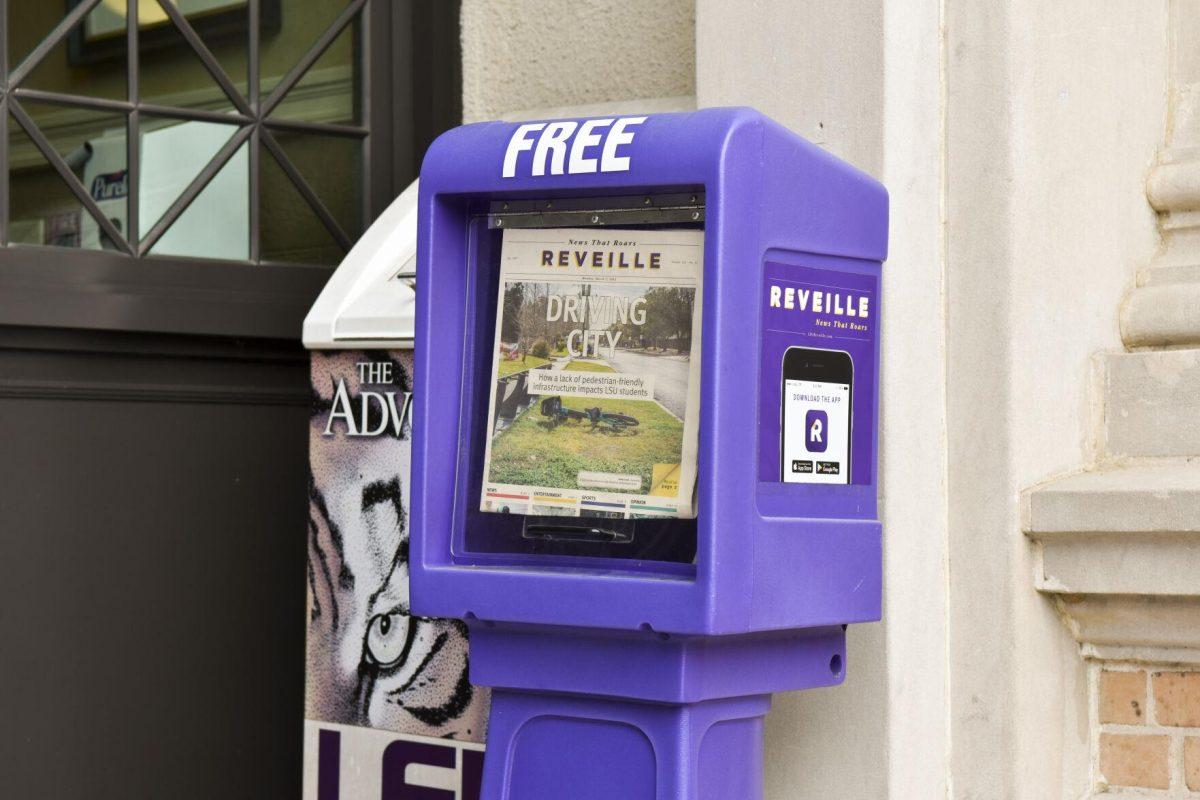Your black female classmates face some of the toughest battles at our University.
Black women sit in these predominantly white institutions’ lectures with the understanding they are among the most educated group in America, yet will get paid the least after graduation. According to a study conducted by the National Center for Education Statistics, black women have the highest percentage of student enrollment in college. However, a Pew Research Center study shows black women, on average, get paid less than white men and women and black men.
Environmental engineering junior Akua Kumi said she’s not surprised black women are shown as America’s most educated group with the least to show from it among the different ethnic and gender groups.
“It’s not surprising we are the most educated group,” Kumi said, “but within our community there’s a lot of pressure and we feel we bear the onus to be successful…it’s pressure from every angle.”
Black women face double the obstacles because they’re discriminated against both their sex and race. They’re already seen as incapable of doing certain jobs because they’re women and then being black is just the cherry on top.
Even outside of college campuses, black women are faced with the struggle of operating in a white male-dominated society. Many African-American women who work in white collar positions are forced to prove themselves simply to get their opinions heard. Working and studying in these environments can become emotionally draining, especially when not being able to adequately express their grief regarding racial issues.
At the time Alton Sterling died, it felt like I was going to explode because my emotions had bottled up so much. As my job was dominated by white individuals, few people could relate to what was happening. I couldn’t cry — I was concerned about being labeled as the emotional woman. I hid my emotions and continued my work.
On an episode of Scandal, protagonist Olivia Pope’s father, Rowan Pope, scolded her for a mistake she’d made. He told her “you have to be…twice as good as them to get half of what they have.”
He wasn’t lying. The notion black women must work twice as hard is a realization not only for myself but for Kumi and all black women alike.
“[Working twice as hard] pushes me to put myself in a situation where I can make things easier for the people that come after me,” Kumi said.
As a group leader for Student Government’s Freshman Leadership Council, Kumi hopes to work with Minority Women’s Movement in the future, whose goal is to “uplift and empower female minority students across LSU.”
Perseverance, intelligence and beauty can all be intimidating traits — I understand. However, once society appreciates black women and all of their greatness, this country will begin to see many positive changes. It’s imperative for University students and American citizens alike realize this nation will always do much better with black women than without.
Clarke Perkins is a 21-year-old political science senior from New Orleans, Louisiana.








